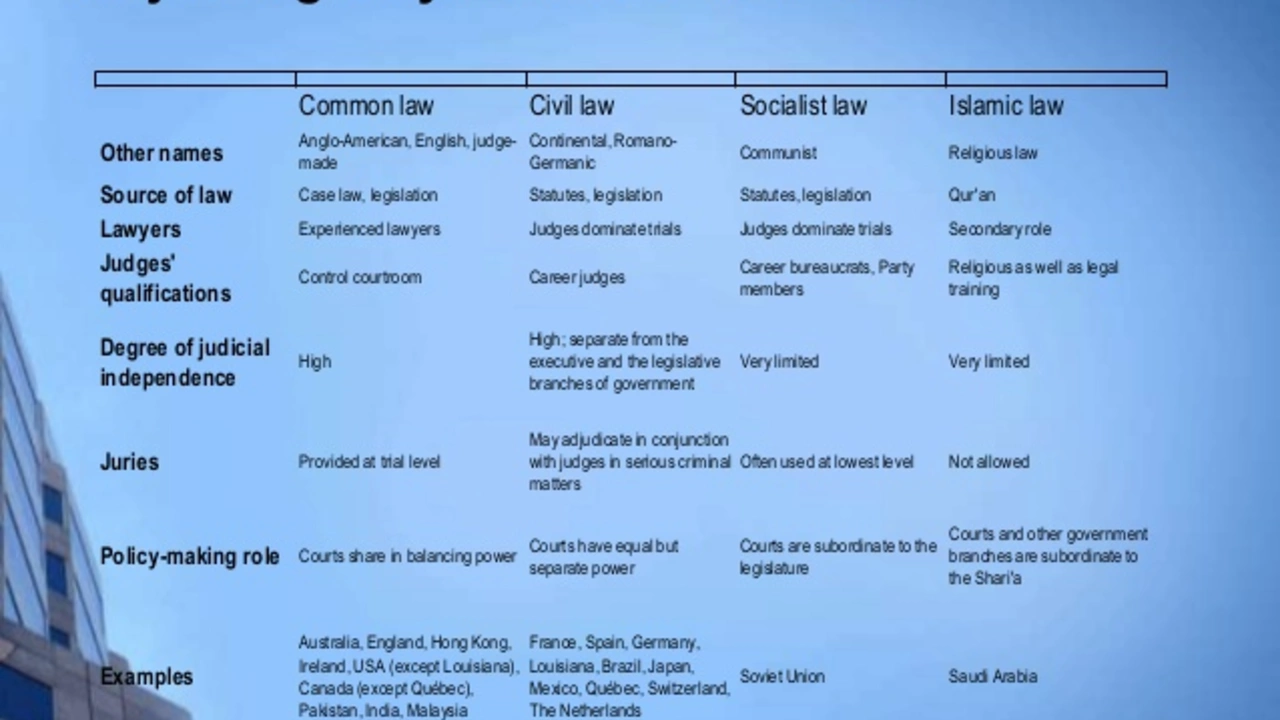Living in the UK – What You Need to Know
If you’re thinking about moving to the United Kingdom, you probably have a mix of excitement and nerves. The good news is that most of the questions you have can be answered with a few clear facts. Below you’ll find the essentials – housing, money, work, health care and everyday habits – all written in plain English.
Cost of living and housing
First up: money. The UK isn’t cheap, but it isn’t a one‑size‑fits‑all price tag. London is the most expensive city, with rent for a one‑bedroom flat often topping £1,500 a month. Outside the capital, places like Manchester, Leeds or Bristol can be 30‑40% cheaper. A good rule of thumb is to budget about 30% of your monthly income for rent.
Utilities (electricity, gas, water) usually add another £100‑£150, and broadband is around £30‑£40. Groceries cost about £200‑£300 per person per month if you shop at regular supermarkets. Remember, eating out frequently will bump your budget up quickly – a typical pub meal is £12‑£15.
Transportation also matters. In big cities, a monthly public‑transport pass runs £150‑£200. If you drive, factor in fuel, insurance and congestion charges (especially in London). Many newcomers find that a mix of walking, cycling and occasional train trips keeps costs manageable.
Work, health care and everyday life
Finding a job can be the biggest hurdle. The UK job market values CVs that are clear and concise – two pages max, with bullet points that highlight achievements. Websites like Indeed, LinkedIn and the government’s job centre are reliable places to start. If you have a skilled profession, look into a Tier‑2 (General) visa or the Skilled Worker route; it ties your visa to a sponsoring employer.
Health care is a major plus: the National Health Service (NHS) provides free hospital treatment and subsidised GP visits for residents. Once you’re registered with a local GP, you’ll get a health card that lets you access most services without extra cost. Some people still buy private health insurance for faster appointments, but it’s optional.
Everyday life in the UK is a blend of old traditions and modern convenience. The British love a good cuppa, queue politely, and enjoy a weekend at the local market or park. Weather can be gloomy, so keep a waterproof jacket handy. Also, cultural etiquette matters – say “please” and “thank you”, and tip around 10‑12% in restaurants if service isn’t included.
Finally, stay connected. The UK has excellent internet coverage, and most cafés offer free Wi‑Fi. Join local Facebook groups or community centres to meet people and learn about events. Whether you’re into sports, arts or hiking, there’s a club for you.
Moving to the UK is a big step, but with a realistic budget, a clear job plan and a bit of cultural curiosity, you’ll settle in faster than you think. Use this guide as a checklist, keep an eye on your expenses, and enjoy the mix of historic charm and modern life that the UK offers.
Posted by
Arvind Suryavanshi
0 Comments

Living in India versus the UK presents quite contrasting experiences. The UK is known for its orderly lifestyle, advanced infrastructure, and colder climate, while India is famous for its rich cultural diversity, warm weather, and bustling cities. In terms of cost of living and buying power, India tends to be more affordable. However, the UK often ranks higher in terms of quality of life and public services such as healthcare and education. Both are beautiful in their own unique ways and offer different perspectives and experiences.
read more